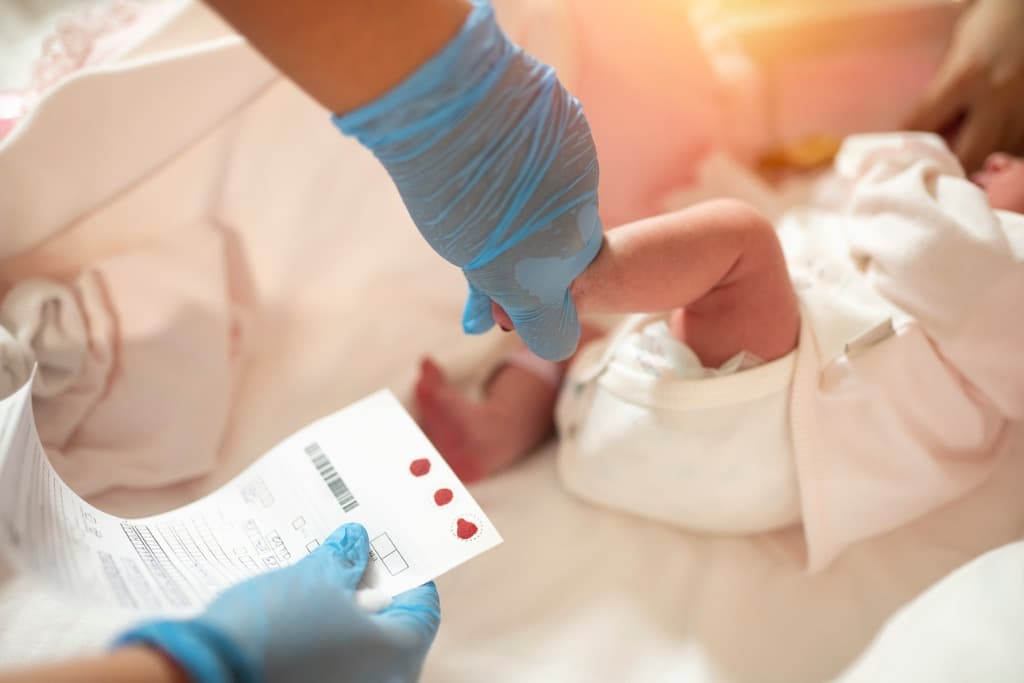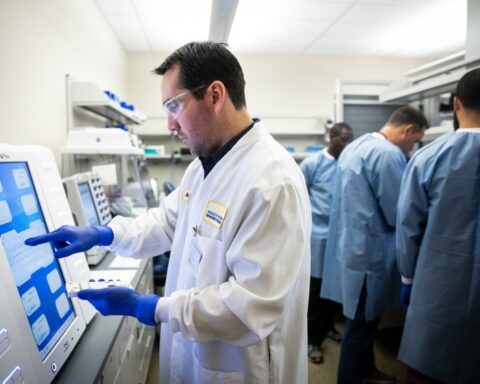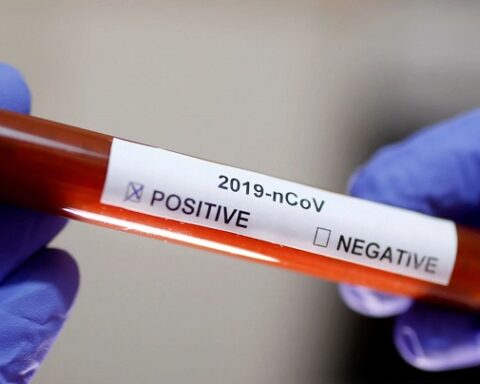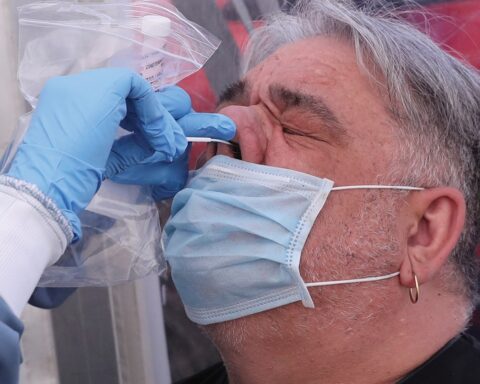Basel, 25 February 2021 – The data show that treatment with Evrysdi at 12 months helped 90% (19/21) of these infants survive without permanent ventilation and 33% (7/21) sit without support for at least 5 seconds, which is not normally seen in the natural course of the disease. The study also found that treatment with Evrysdi increased the levels of survival of motor neuron (SMN) protein by a median 1.9-fold from baseline in the high-dose cohort at 12 months.
“Since Evrysdi was FDA approved in August, we have been inspired by the stories and sense of hope that we have heard from people living with SMA and their families about the impact Evrysdi has had in their lives,” said Levi Garraway, M.D., Ph.D., Chief Medical Officer and Head of Global Product Development. “The publication of the data in the New England Journal of Medicine reinforces the value of Evrysdi as an important treatment option for SMA.”
The exploratory efficacy analysis found that after 12 months of treatment, seven (33%; 7/21) infants were able to sit without support for at least 5 seconds, assessed by the Gross Motor Scale of the Bayley Scales of Infant and Toddler Development – Third Edition (BSID-III). All seven infants who achieved this milestone received the high dose (41%; 7/17), which was the dose selected for the confirmatory Part 2 of the study. Nine of the infants in the high-dose cohort (53%; 9/17) had upright head control after 12 months of treatment, and one infant (6%; 1/17) was able to stand (bearing weight), as assessed by the Hammersmith Infant Neurological Examination Module 2 (HINE-2).
In the low- and high-dose cohorts, no infant lost the ability to swallow over 12 months, and 86% (18/21) were able to feed orally, either exclusively or in combination with a feeding tube at 12 months. In addition, 90% (19/21) of infants were alive without permanent ventilation after 12 months of treatment with Evrysdi. Three infants experienced fatal complications of their disease after approximately one, eight and 13 months of treatment, respectively. An additional infant passed away after the data cut-off with death occurring approximately 3.5 months after receiving the last dose of study drug. None of these have been attributed by the investigator as related to Evrysdi.
The researchers also assessed motor function with the Children’s Hospital of Philadelphia Infant Test of Neuromuscular Disorders (CHOP-INTEND), a scale used for infants with Type 1 SMA. Results showed that 11 out of the 21 infants (52%) had a CHOP-INTEND total score of 40 points or higher. The CHOP-INTEND scale ranges from 0 to 64, with higher scores indicating better function.
The most common adverse events included fever (pyrexia; 52%), upper respiratory tract infections (43%), diarrhea (29%), cough (24%), vomiting (24%), constipation (19%) and pneumonia (19%). In total, 24 serious adverse events were reported as of the clinical data cut-off, with the most common including pneumonia in three infants and respiratory tract infection, viral respiratory tract infection, acute respiratory failure and respiratory distress in two infants each.
Among the 21 infants enrolled in Part 1 of the FIREFISH study, the median duration of treatment was 14.8 months at the time of analysis. The median age at enrollment was 6.7 months and symptom onset between the ages of 28 days to 3 months.
In September 2020, two-year results from FIREFISH Part 1 were presented and the exploratory efficacy data showed 88% of infants treated with Evrysdi were alive and did not require permanent ventilation at two years, and 59% of infants were able to sit without support for at least 5 seconds.
FIREFISH, an open-label, two-part pivotal study, was designed to assess Evrysdi safety, tolerability, efficacy, pharmacokinetics (PK) and pharmacodynamics (PD) in patients aged 1 to 7 months with Type 1 SMA. Part 1 evaluated several doses of Evrysdi and determined the therapeutic dose of 0.2 mg/kg for Part 2.
Evrysdi has been and continues to be studied in more than 450 people as part of a large and robust clinical trial program in SMA.






